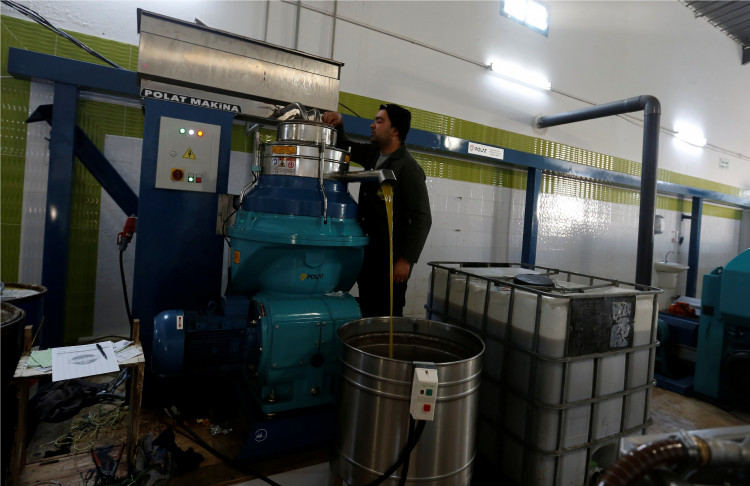Saudi Arabia and the Middle East's largest ecological olive oil producer, National Agricultural Development Company (NADEC) and Spain's Grupo GEA signed an agreement to build the largest olive oil mill in Asia.
The mill is planned to be constructed in the province of Al-Jouf which located in the north of the country and is close to where NADEC is in the process of planting five million olive trees on 7,400 acres. It is considered as the largest olive orchard in the world. The majority of the olive trees planted will be Picual which is known to be super intensive in cultivating with the use of modern drip irrigation systems.
The largest oil mill is expected to start its operation after six months. It is a state-of-the-art processing plant with an estimated cost of more than €3 million. The project is expected to elevate the relationship between NADEC and GEA. The two companies completed the first phase of the project in 2016 and, in the second phase, GEA is expected to deliver an olive oil mill that offers an integrated solution that encompasses civil and automation engineering, processing, training, and the required industrial equipment.
The construction of the processing lines will be dependent on national traditions and the size of the harvest and the factors will dictate the kind production method to be used. GEA is in charge of the supply of complete processing lines that includes taking in and cleaning of the olives to milling, malaxing (continuous or batch,) separation and decanting. The processing lines will handle the treatment of pomace and water as soon as the oil is obtained. The mill is designed to gather the maximum possible yield and quality while water consumption is minimized.
The merger plans to build the mill in Ubeda, Andalusia and then transport the products to Saudi Arabia. The project is expected to fuse the expertise of several machinery manufacturers from Spain in crafting an integrated solution that sets part the project from other mills in Asia.
Saudi Arabia started plantations of olive trees in 2007 in Al-Jouf to supply its local demand for olive oil. Juan Vila, an olive expert, said that by 2018 Saudi Arabia had planted nearly 52,000 acres of olive groves.
Olive groves located in the north and south of Saudi Arabia are divided by desert areas. In the groves, olive trees are handled with great respect since they represent spiritual value in Islam.





